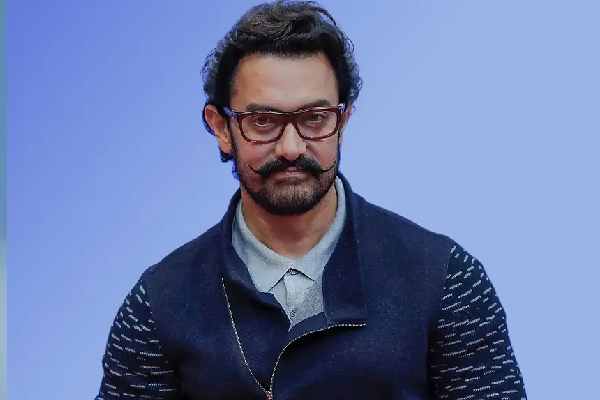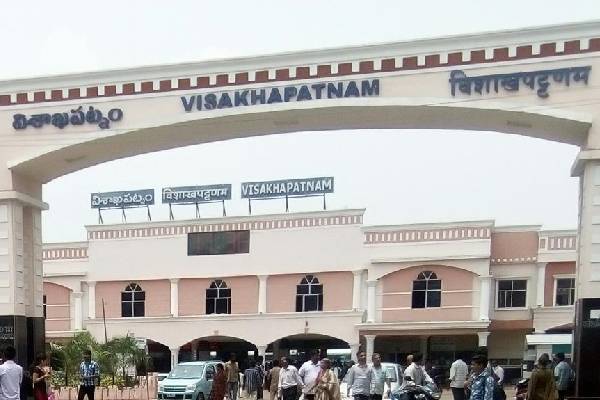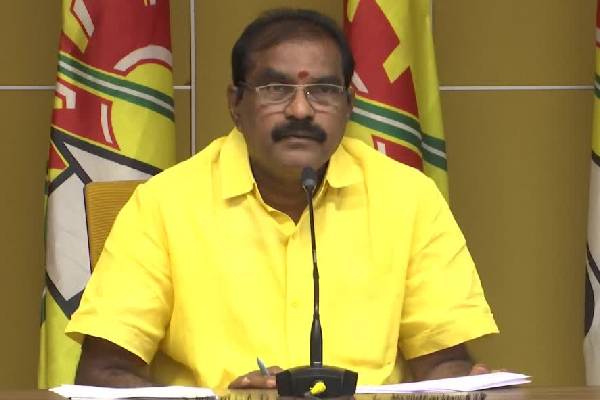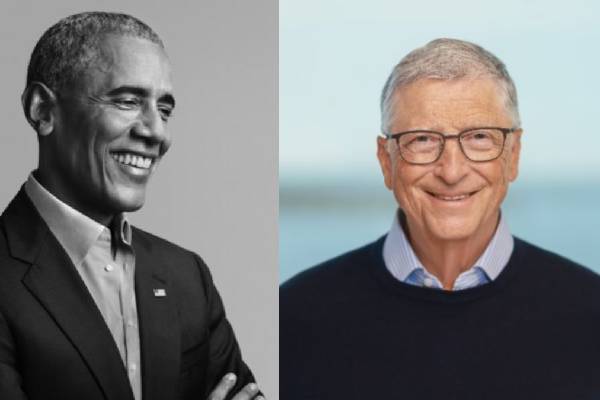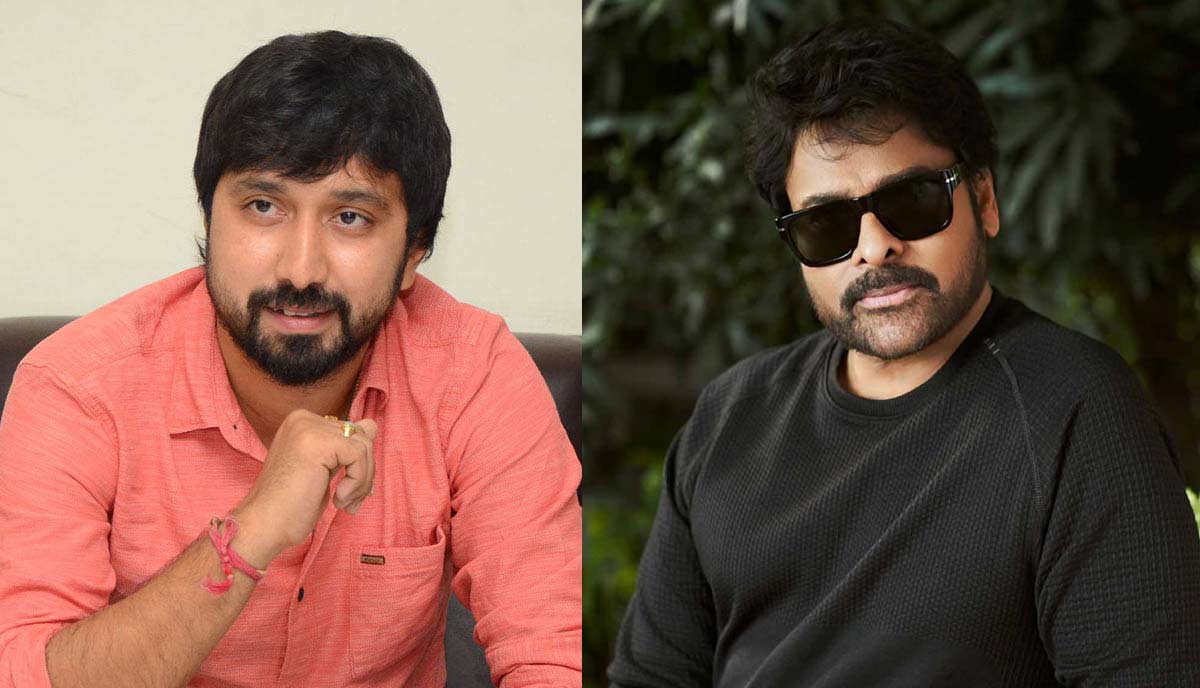The recent developments involving Ajith’s Vidaamuyarchi movie suggest that the era of Freemakes is gone and it is high time that the makers of Indian films realize this. Details are as follows.
The Indian film industry has long been accused of plagiarism, with filmmakers lifting scenes, storylines, and even entire scripts from international and Hollywood movies. In the 1980s and 1990s, this practice was rampant, as weak copyright laws and limited global exposure allowed Indian filmmakers to freely adapt foreign content without consequences. However, in today’s digital age, the era of “freemakes” is over. With the advent of social media and OTT platforms, the world has become a smaller place, and filmmakers can no longer get away with unauthorized adaptations.
OTT and Social Media Era:
Two significant developments have reshaped the process of filmmaking in India:
Global Access to Content:
OTT platforms have made world cinema accessible to Indian audiences. Viewers can now easily identify when a scene or story has been lifted from a foreign film, leading to criticism and backlash.
Social Media Awareness:
Original creators, even those based thousands of miles away, are now aware of unauthorized adaptations, thanks to social media. They are taking legal action to protect their intellectual property, forcing Indian filmmakers to settle disputes or face lawsuits.
Recent Examples of Freemakes Gone Wrong
Several recent examples highlight the risks of unauthorized adaptations:
Vidaamuyarchi (Pattudala in Telugu):
The Tamil film *Vidaamuyarchi*, starring Ajith, was accused of being an unofficial remake of the 1997 Hollywood film *Breakdown*. Paramount Pictures, the original producers, reportedly sued Lyca Productions for ₹150 crore. After negotiations, the Indian makers settled by paying ₹11 crore and agreeing to share a percentage of the profits, as per reports. The film, however, failed to impress audiences and was a box-office disaster.
Agnyaathavaasi:
Pawan Kalyan’s *Agnyaathavaasi* faced legal trouble when the makers of the French film *Largo Winch* accused it of being an unauthorized adaptation. Initially, the Indian producers settled with T-Series, who held the remake rights. However, after watching the film, the original French filmmaker, Jérôme Salle, demanded further compensation, leading to another settlement. The film was both a critical and commercial failure.
Badla:
The Amitabh Bachchan and Taapsee Pannu-starrer Badla was accused of being an unauthorized adaptation of the Spanish film The Invisible Guest. After legal notices were exchanged, the Indian team settled by compensating the Spanish filmmakers and retroactively acquiring the rights. While Badla was a success, the legal troubles could have derailed its release.
Why Freemakes Are a Bad Idea
Indian filmmakers need to understand that the era of freemakes is over. Unauthorized adaptations not only harm the industry’s reputation but also hurt the film in several ways:
Loss of Essence:
When filmmakers tweak scenes to avoid legal issues, they often lose the essence of the original work. This results in a diluted product that fails to resonate with audiences.
Legal Hassles:
Legal disputes can arise at any time, diverting the filmmakers’ focus from creativity to damage control. Settlements can be costly, and last-minute legal battles can delay releases or tarnish a film’s reputation.
Global Scrutiny:
In today’s interconnected world, filmmakers can no longer hide behind geographical boundaries. Original creators are vigilant, and audiences are quick to call out plagiarism.
Indian filmmakers must realize that originality is the key to success in the global era. Securing remake rights not only avoids legal troubles but also ensures a smoother creative process. By respecting intellectual property, filmmakers can build a reputation for integrity and innovation, paving the way for a brighter future for Indian cinema.
-ZURAN (@CriticZuran)





















